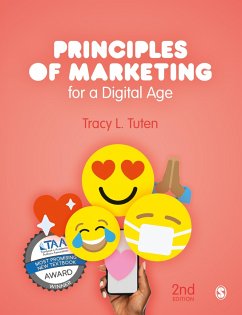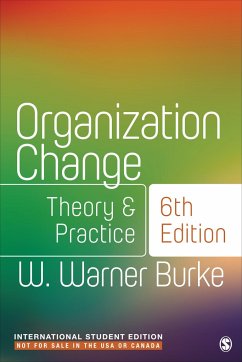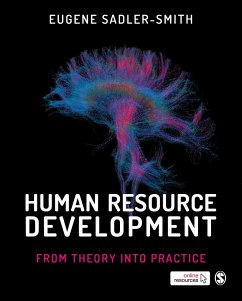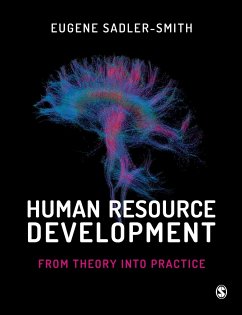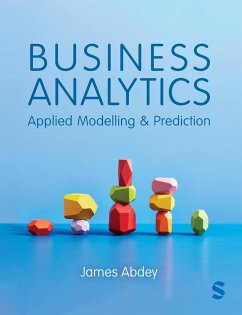
Applied Psychology in Talent Management
Versandkostenfrei!
Versandfertig in über 4 Wochen
214,99 €
inkl. MwSt.

PAYBACK Punkte
107 °P sammeln!
In the Ninth Edition of Applied Psychology in Talent Management, world-renown authors Wayne F. Cascio and Herman Aguinis provide the most comprehensive, future-oriented overview of psychological theories and how they impact people decisions in today's workplace. Taking a rigorous, evidence-based approach, the new edition includes more than 750 new citations from top-tier journal articles. Integrated coverage of technology, strategy, globalization, and social responsibility throughout the text provides students with a holistic view of the field and equips them with the tools necessary to create...
In the Ninth Edition of Applied Psychology in Talent Management, world-renown authors Wayne F. Cascio and Herman Aguinis provide the most comprehensive, future-oriented overview of psychological theories and how they impact people decisions in today's workplace. Taking a rigorous, evidence-based approach, the new edition includes more than 750 new citations from top-tier journal articles. Integrated coverage of technology, strategy, globalization, and social responsibility throughout the text provides students with a holistic view of the field and equips them with the tools necessary to create productive, enjoyable work environments.



